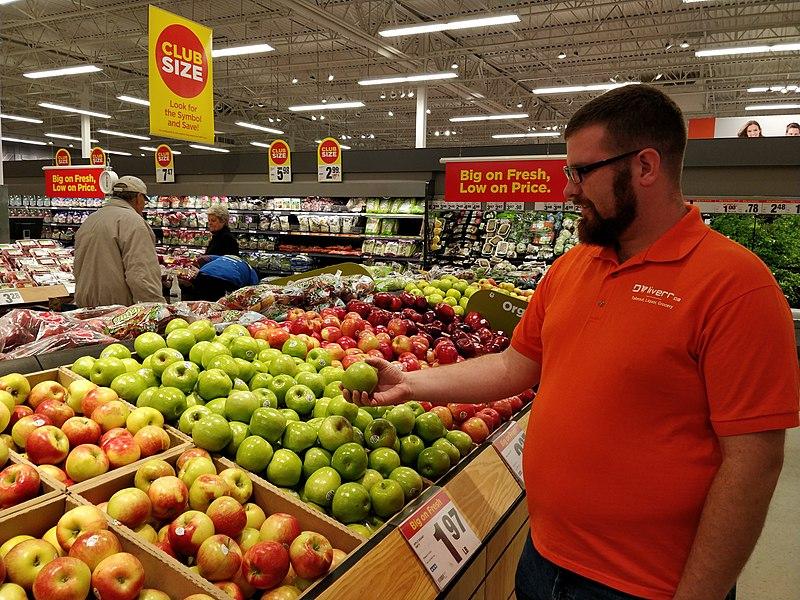Arkansas Voters Worry Most About Economy
The people of Arkansas are satisfied with police, education, and other public services.

The 25th annual Arkansas Poll found American voters were most concerned about the economy, politics/politicians, and education. While the number of respondents reporting concerns about the economy declined three points from the previous year, it was still more than all other concerns combined, except for the catch-all category “Other/don’t know/refused to answer.”
Other questions addressed life in Arkansas, approval ratings for public figures, level of satisfaction with public services, current issues, willingness to seek help for mental health concerns and political party and ideology.
Answers to questions pertaining to life in Arkansas suggested that Arkansas voters were feeling modestly more optimistic than last year. The question, “Do you feel Arkansas is headed in the right or wrong direction?” saw a 6-point increase of people answering “right.” And when asked “a year from now, will you be better, worse, or the same financially,” the number of people answering the “same” rose by nearly 10% over the previous year while the number of people answering “worse” held steady (the increase in people answering “same” came from those who were simply uncertain the previous year).
Janine Parry, director of the Arkansas Poll and professor of political science at the University of Arkansas, noted however that the portion of respondents answering “wrong direction” has increased in recent years, to 1 in 3.
“A volatile economic and political environment is likely influencing some people’s general sense of well-being, in Arkansas and elsewhere,” Parry said.
As it does every year, the poll invited approval ratings for public figures. For the first-year governor of Arkansas, Sarah Huckabee Sanders, the poll reported an approval rating of 48%. Although this was the lowest approval rating for an Arkansas governor in the last 20 years, it compared favorably to the approval ratings for Sen. Tom Cotton (42%), Sen. John Boozman (40%), and President Joe Biden (33%).
Still, the overwhelming majority of respondents said they were “very satisfied or satisfied” with state and local services like police protection, public libraries, parks and recreation or colleges and universities. The only two areas where ratings of “unsatisfied or very unsatisfied” approached or exceeded 50% were on the topics of K-12th grade public schools (47%) and the public welfare system (53%). These were also the two areas of highest dissatisfaction 20 years ago, showing the durability of that dissatisfaction over time.
Each year the poll provides space to other researchers to provide questions. Questions this year were provided by collaborator Samantha Robinson, an associate professor and vice chair of mathematical sciences who is also director of the Data Science Initiative in the Fulbright College of Arts and Sciences. Robinson is examining respondents’ willingness to seek a professional if mental health concerns arose as well as their opinions about the efficacy of mental health professionals.
Robinson noted that “overall, Arkansans seem to feel that seeking help from a mental health professional is important, useful and healthy but they are less certain about whether such mental-health help seeking is effective, healing or empowering. Arkansans seem to be similar to the rest of the country in terms of these attitudes.”
This was Parry’s 25th year as director of the poll, which she founded as a junior faculty member in 1999, making it one of the oldest state-level polls in the country. Parry, who will retire from the university in 2024, estimates over that time the poll has completed more than 23,000 interviews, typically containing in excess of 60 questions. This works out to an estimated 1.4 million data points about what Arkansans think about, and want from, their public servants.
“Shepherding this project has never been dull,” Parry said in summation. “Polling during the elections of 2010, 2012, and 2014 — in the thick of Arkansas’s rapid party flip — was stressful. But by maintaining gold standard methods and full transparency we’ve produced an enviable track record.”
The poll was conducted through 801 telephone — cell and landline — interviews with randomly selected adult Arkansans between Oct. 4 and Oct. 22. It has a margin of error of plus or minus 3.5 percent.
The full 2023 Arkansas Poll Summary Report, protocols and historic outcomes can be found at the Arkansas Poll web page.